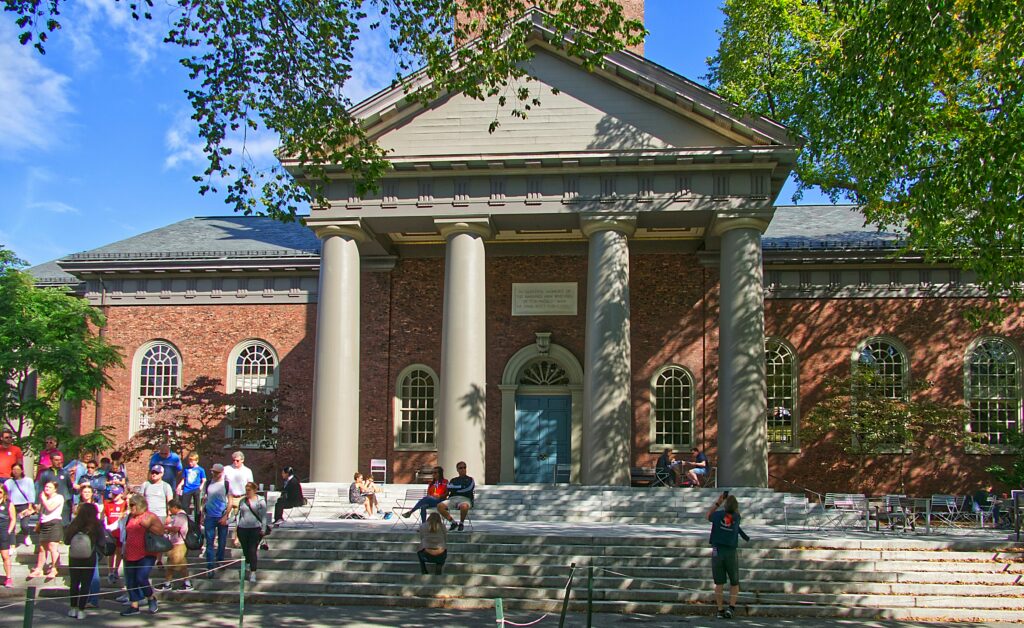The U.S. government is preparing to end all remaining federal contracts with Harvard University. According to reports, a draft order from the Trump administration is already in circulation, instructing agencies to terminate agreements that total nearly $100 million. If carried out, the measure would deal a serious financial blow to one of the world’s top academic institutions. The decision is part of a broader effort to reshape how the government interacts with higher education, especially universities viewed as critical of conservative policies.
The move comes amid growing political pressure on American universities. Over the past year, the Trump administration has reduced billions of dollars in funding for research, diversity initiatives, and academic programs. Institutions that support inclusion, equity, and campus independence have become targets in a campaign to redefine federal priorities. Now, Harvard finds itself at the center of this effort, raising concerns about political influence on academic freedom.
One of the main reasons behind the cuts is the recent wave of pro-Palestinian protests on college campuses, including Harvard. The administration accuses the university of failing to prevent or properly respond to antisemitic incidents linked to those demonstrations. Officials claim the university leadership has not done enough to ensure safety and accountability. The protests have sparked national debate, with many questioning where the line lies between freedom of speech and public order.
The funding cut is not the only step the government has taken. In a separate action, federal authorities also moved to restrict Harvard from admitting new international students. Those already enrolled were instructed to leave the country or transfer to other schools, a move that could affect hundreds of students. Harvard challenged the decision in court, arguing that it was unlawful and harmful. A judge issued a temporary injunction in Harvard’s favor, allowing international students to stay for now. However, the legal battle is ongoing, and the outcome remains uncertain.
The situation reflects a deeper struggle between political power and academic institutions. Harvard, known for its strong stance on free inquiry and institutional independence, has openly pushed back against what it calls political overreach. University leaders have issued public statements defending their values and have pledged to resist attempts to limit academic freedom. This resistance has made Harvard a symbol for other universities facing similar challenges.
Experts warn that the administration’s actions could have lasting consequences. Cutting off federal support may reduce Harvard’s capacity to conduct important research, offer student aid, and contribute to scientific innovation. Many fear that these moves are intended to intimidate rather than reform, and that they could discourage open debate on university campuses.
More broadly, the controversy has reignited conversations about the role of government in education. While some support the administration’s push for accountability, others see it as an attack on institutions that question official policy. Student groups, faculty unions, and civil rights organizations have raised alarms about the implications for freedom of expression and equal opportunity in higher learning.
The months ahead could prove decisive. If the funding cuts go into effect, they may reshape how universities operate and how they interact with the government. Harvard’s case is just one example of a larger shift that is likely to affect institutions across the country.
